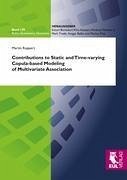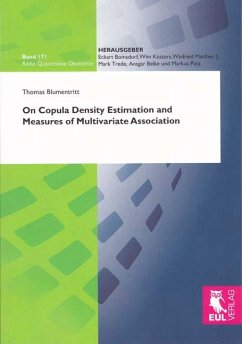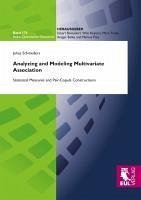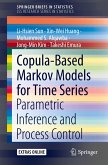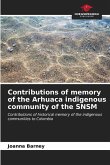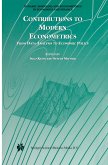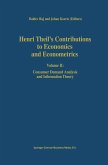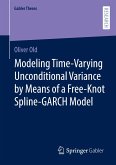Putting a particular emphasis on nonparametric methods that rely on modern empirical process techniques, the author contributes to the theory of static and time-varying stochastic models for multivariate association based on the concept of copulas. These functions enable a profound understanding of multivariate association, which is pivotal for judging whether a large set of risky assets entails diversification effects or aggravates risk from an entrepreneurial point of view. Since serial dependence is a stylized fact of financial time series, an asymptotic theory for estimating the structure of association in this context is developed under weak assumptions. A new measure of multivariate association, based on a notion of distance to stochastic independence, is introduced. Asymptotic results as well as hypothesis tests are established which are directly applicable to important types of multivariate financial time series. To ensure that risk management properly captures the current structure of association, it is crucial to assess the constancy of the structure. Therefore, nonparametric tests for a constant copula with either a specified or unspecified change point (candidate) are derived. The thesis concludes with a study of characterizations of association between non-continuous random variables.
Bitte wählen Sie Ihr Anliegen aus.
Rechnungen
Retourenschein anfordern
Bestellstatus
Storno

